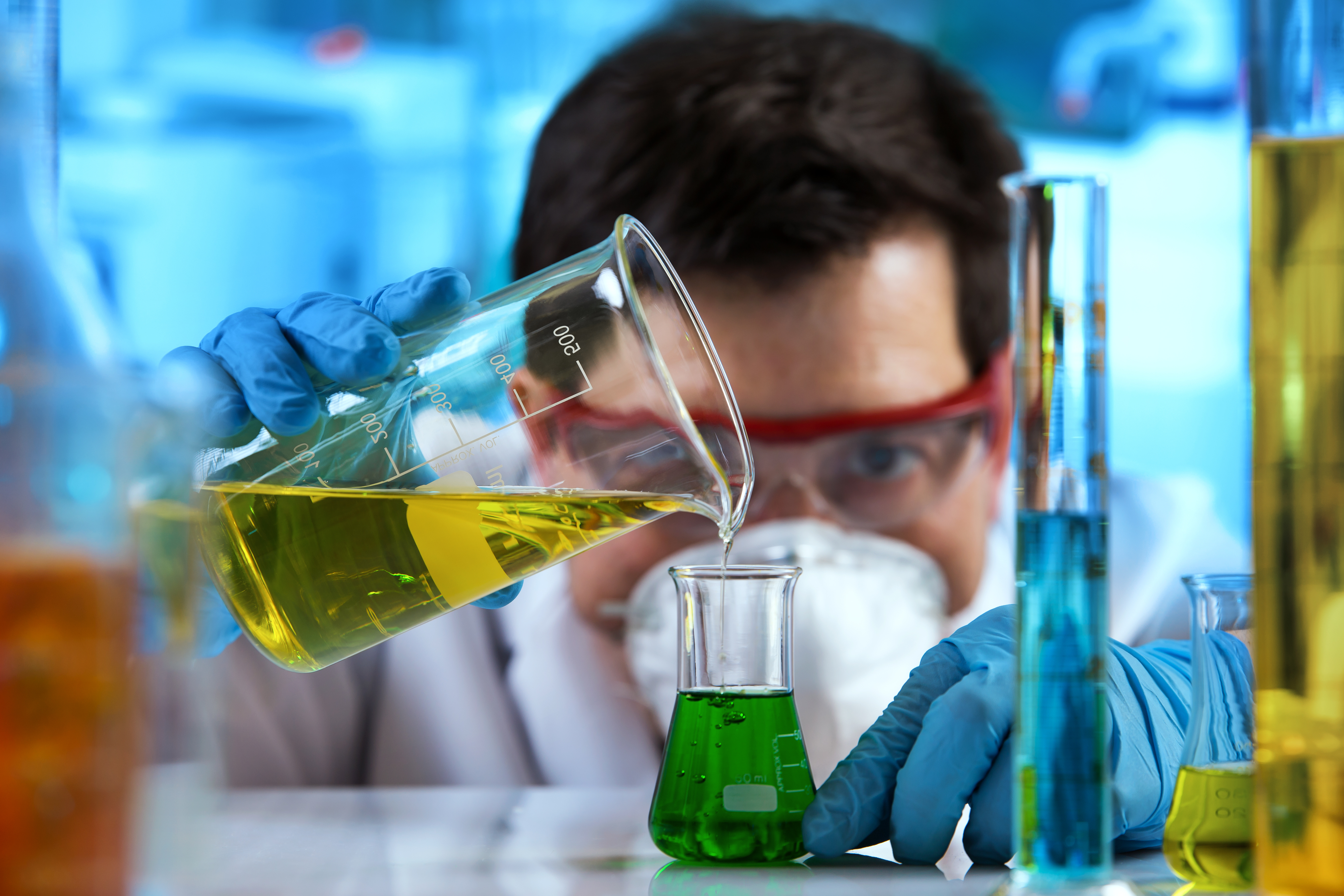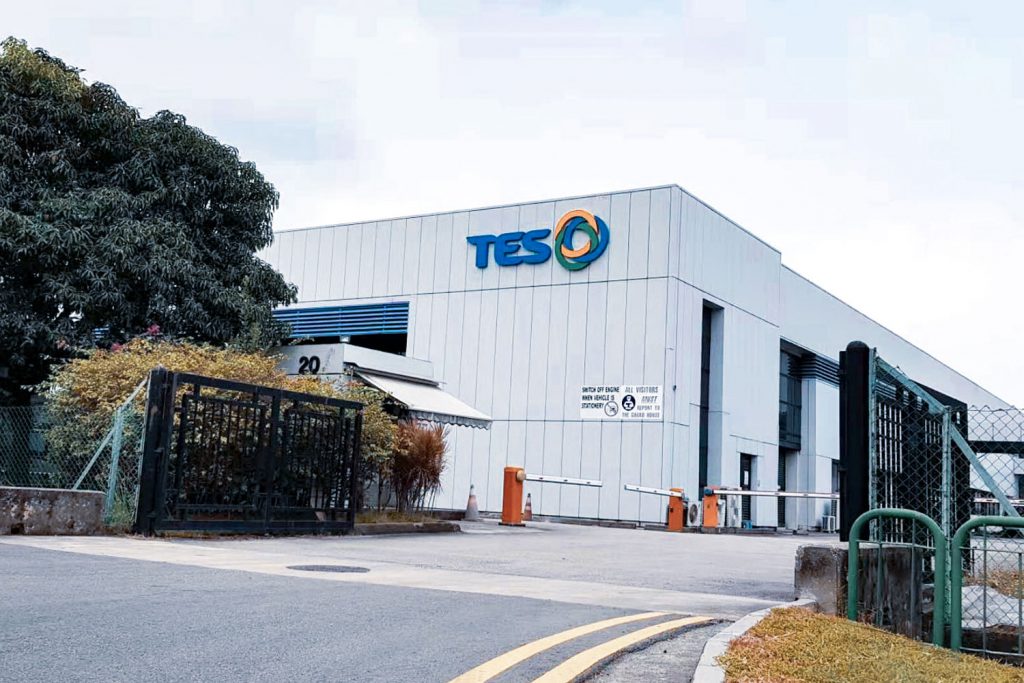TES was represented by Thomas Holberg – Global Vice President, Nils Steinbrecher - Managing Director, Dr Farouk Tedjar – Global Scientific R&D lead, Joao Avelar – Battery Material Supply Chain Manager and Henny Vandort – Managing Director.
Speaking from the event, Thomas Holberg outlined SK tes’ ambitious plans in the sustainable battery solutions space. He described the company’s plans to focus on Asia, building on its existing global network of recycling facilities in Grenoble, Singapore and, more recently, the Port of Rotterdam.
A new site in Shanghai, due to be commissioned by the end of this year, will use the same proprietary hydrometallurgy technology used in SK tes’ flagship facility in Singapore. The Shanghai facility will serve as a springboard for the development of a much larger site in Northern China over the next two years.
Thomas added that he also anticipates continued growth within Europe, “What we are seeing in Europe is driven by strong demand for EV batteries, the European Green Deal and new battery regulations, all resulting in the battery supply chain now establishing.”
%20Growth.png?width=263&name=TES%20-%20Lithium%20Iron%20Phosphate%20(LFP)%20Growth.png) Given the surprising 5% increase in the share of lithium ferro (iron) phosphate (LFP) batteries in global production between 2020 and 2021, Nils Steinbrecher used his keynote address on recycling processes and technologies to reflect on challenges and opportunities related to these batteries. Quoting Stephen Covey, he said, “we must begin with the end in mind.”
Given the surprising 5% increase in the share of lithium ferro (iron) phosphate (LFP) batteries in global production between 2020 and 2021, Nils Steinbrecher used his keynote address on recycling processes and technologies to reflect on challenges and opportunities related to these batteries. Quoting Stephen Covey, he said, “we must begin with the end in mind.”
LFP batteries are increasingly being used by original equipment manufacturers, as they have multiple benefits, including lower raw material costs, longer life spans and improved thermal stability. However, the design and production of LFP with regards to their sustainable recycling can be improved.
“This is something we learnt (at SK tes Singapore): we saw the batteries coming - and they weren’t built with the end in mind,” said Nils. “We need to help the industry to design batteries with the end in mind.”
Watch Nils' presentation below, or click here to download his presentation.
TES’s proprietary, in-house battery recycling technology breaks batteries down into fine substances. Copper, aluminum, nickel, commodity-grade cobalt and lithium are recovered without introducing secondary contaminants into the atmosphere.
Our battery recycling process yields commodity-grade purity rates >99% and creates a closed-loop, reusing raw materials from end-of-life batteries for new products. Additionally, in comparison to traditional recycling processes C02 emissions are significantly reduced.
To meet a growing demand, TES is investing in a global network of sustainable battery treatment and recycling facilities as well as battery AI technology like digital twins, data analytics and battery trading platforms:.png?width=1500&name=TES%20Closes%20Deal%20on%20Battery%20Recycling%20Facility%20with%20Port%20of%20Rotterdam%20(2).png)





